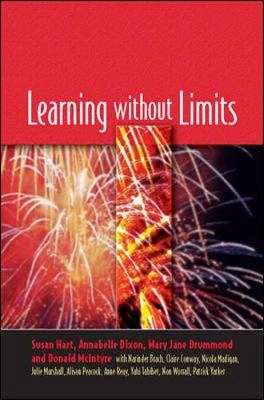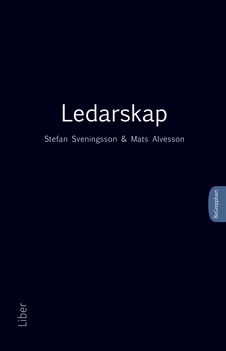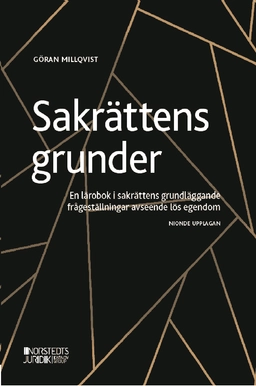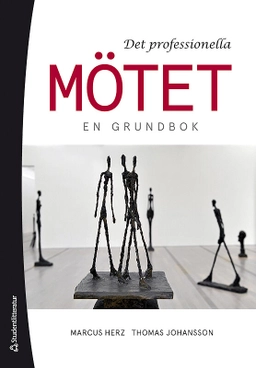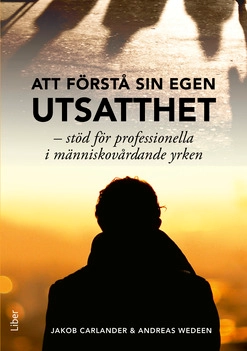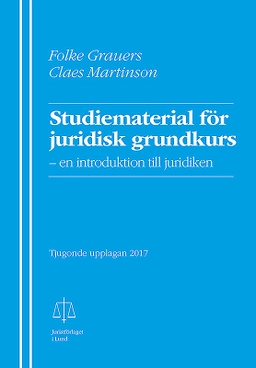"The style and language used by the authors make the book readable and therefore a book that practising teachers can actively use as a guide to improve their practice ...it is amply demonstrated that teaching can and should be an activity whose primary focus is to enhance students' learning capacity and not limit it." Journal of Inservice Education Why do some teachers insist on teaching without recourse to judgements about ability? What are the key principles on which they draw as they organize and provide for learning? What is the significance of their alternative approach for classrooms in the 21st century? This book explores ways of teaching that are free from determinist beliefs about ability. In a detailed critique of the practices of ability labelling and ability-focussed teaching, Learning without Limits examines the damage these practices can do to young people, teachers and the curriculum. Drawing on a research project at the University of Cambridge, the book features nine vivid case studies (from Year 1 to Year 11) that describe how teachers have developed alternative practices despite considerable pressure on them and on their schools and classrooms. The authors analyze these case studies and identify the key concept of transformability as a distinguishing feature of these teachers' approach. They construct a model of pedagogy based on transformability: the mind-set that children's futures as learners are not pre-determined, and that teachers can help to strengthen and ultimately transform young people's capacity to learn through the choices they make. The book shows how transformability-based teaching can play a central role in constructing an alternative improvement agenda.
This book will inspire teachers, student teachers, lecturers and policy makers, as well as everyone who has a stake in how contemporary education and practice affect children's future lives and life chances.
Åtkomstkoder och digitalt tilläggsmaterial garanteras inte med begagnade böcker
